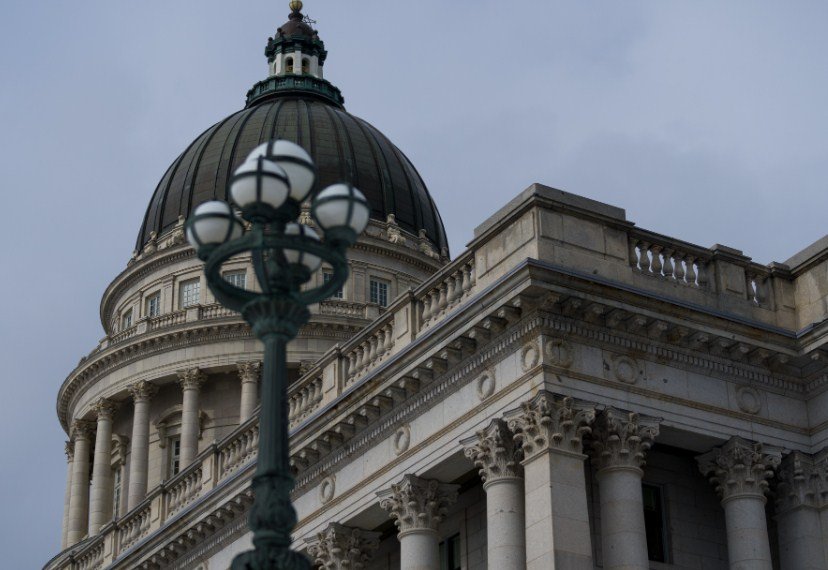A bill proposed by Utah Senator Curt Bramble would make it harder for the public to access the work calendars of elected officials. The bill comes amid a legal dispute between KSL-TV and the Utah Attorney General’s Office over the release of Attorney General Sean Reyes’ calendar.
Why the bill matters
The bill, SB240, would amend the state’s public records law to exempt any calendars maintained by public officials for their own use, regardless of whether they contain work or personal appointments. The bill would also apply to any personal notes or memos prepared by public officials.
Bramble said the bill is intended to clarify the existing law, which he said has been misinterpreted by the State Records Committee. The committee ruled in favor of KSL-TV last year, ordering the release of Reyes’ calendar after the news outlet filed a public records request. Reyes’ office appealed the decision and the case is scheduled to go to court next week.
Bramble said the bill is not meant to address the pending court case, but rather to establish a clear standard for future requests. He said the bill would protect the privacy and security of public officials, as well as their ability to communicate with constituents and stakeholders.
How the bill was received
The bill was discussed by the Senate Judiciary, Law Enforcement, and Criminal Justice Committee on Tuesday. The committee voted 4-2 to advance the bill to the Senate floor, with two Republicans and two Democrats in favor and two Republicans against.

Sen. Todd Weiler, R-Woods Cross, was one of the dissenting votes. He criticized the bill as a move to limit the public’s right to know what their elected officials are doing. He also expressed frustration with the government agencies that routinely deny or delay public records requests, even after multiple appeals.
“The whole idea of GRAMA is that records should be presumed to be publicly available,” Weiler said, referring to the Government Records Access Management Act. “I am ashamed that I live in a state that treats its citizens that way.”
What the experts say
The bill has also drawn criticism from media and transparency advocates, who argue that the public has a legitimate interest in seeing how public officials spend their time and who they meet with.
The Salt Lake Tribune filed a brief in support of KSL-TV’s case, stating that Reyes’ calendar is a public record that should be disclosed. The brief said that Reyes’ calendar could reveal information about his involvement in controversial issues, such as his participation in a lawsuit challenging the 2020 presidential election results.
Joel Campbell, a journalism professor at Brigham Young University and a board member of the Utah Headliners Chapter of the Society of Professional Journalists, said the bill would create a “huge loophole” for public officials to hide their activities from the public.
Campbell said the bill would contradict the spirit and intent of the public records law, which is to promote openness and accountability in government. He said the bill would also set a bad precedent for other states that may follow suit.

Comments